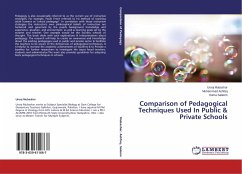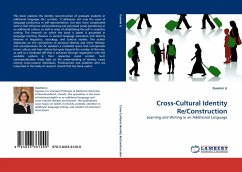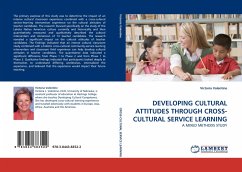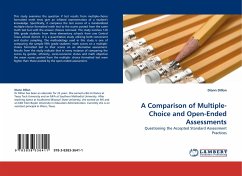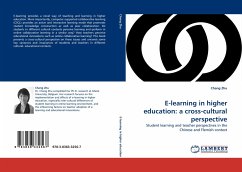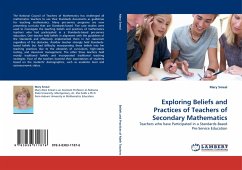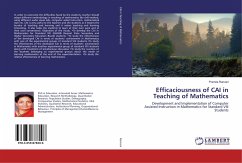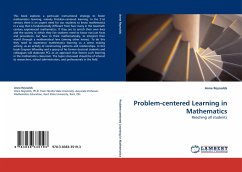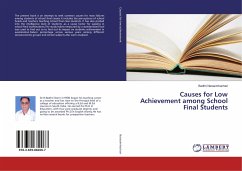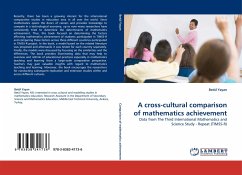
A cross-cultural comparison of mathematics achievement
Data from The Third International Mathematics and Science Study - Repeat (TIMSS-R)
Versandkostenfrei!
Versandfertig in 6-10 Tagen
38,99 €
inkl. MwSt.

PAYBACK Punkte
19 °P sammeln!
Recently, there has been a growing interest for the international comparative studies in education area in all over the world. Since mathematics opens the doors of careers and provides knowledge to compete in a technological economy, up to now many researchers have consistently tried to determine the determinants of mathematics achievement. Thus, this book focused on determining the factors affecting mathematics achievement of students participated in TIMSS-R and comparing these factors across three different countries participated in TIMSS-R project. In the book, a model based on the related ...
Recently, there has been a growing interest for the international comparative studies in education area in all over the world. Since mathematics opens the doors of careers and provides knowledge to compete in a technological economy, up to now many researchers have consistently tried to determine the determinants of mathematics achievement. Thus, this book focused on determining the factors affecting mathematics achievement of students participated in TIMSS-R and comparing these factors across three different countries participated in TIMSS-R project. In the book, a model based on the related literature was proposed and afterwards it was tested for each country separately. Finally, the models were discussed by focusing on the similarities and the differences. The book provides illuminating data that may help to overview and rethink of educational practices especially in mathematics teaching and learning from a large-scale comparative perspective. Teachers may gain valuable insights with regard to mathematics teaching and learning. Moreover, the book encourages the researchers for conducting subsequent replication and extension studies within and across different cultures.



